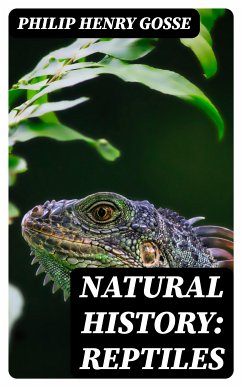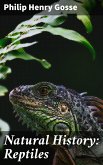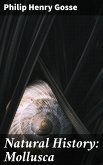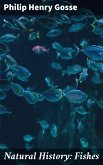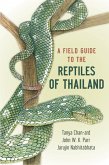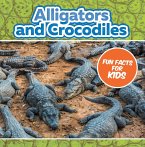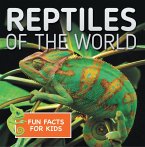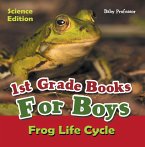In "Natural History: Reptiles," Philip Henry Gosse provides a meticulous account of reptilian biology and behavior, reflecting the Victorian era's burgeoning interest in the natural sciences. The book is rich in observational detail and scientific rigor, employing a descriptive literary style that marries meticulous research with poetic prose. Gosse delves into the lives of various reptiles, highlighting their ecological roles and evolutionary adaptations, while situating his observations within the broader context of 19th-century natural history exploration, thus fostering a deeper appreciation for these often-misunderstood creatures. Philip Henry Gosse, a pioneering naturalist and zoologist, was deeply influenced by the scientific fervor of his time. His extensive travels and field studies, particularly in the Caribbean, enabled him to observe reptiles in their native habitats, instilling a passion for the intricacies of nature. Gosse's background as both a scientist and an artist informs his writing, imbuing it with a vividness that captures the reader's imagination while advancing scientific discourse on herpetology. "Natural History: Reptiles" is an essential read for anyone passionate about wildlife, biology, or the historical development of natural sciences. Gosse's evocative writing not only educates but also inspires a sense of wonder about the reptilian world, making it an invaluable addition to both personal libraries and academic collections.
Dieser Download kann aus rechtlichen Gründen nur mit Rechnungsadresse in A, B, BG, CY, CZ, D, DK, EW, E, FIN, F, GR, H, IRL, I, LT, L, LR, M, NL, PL, P, R, S, SLO, SK ausgeliefert werden.
Hinweis: Dieser Artikel kann nur an eine deutsche Lieferadresse ausgeliefert werden.

